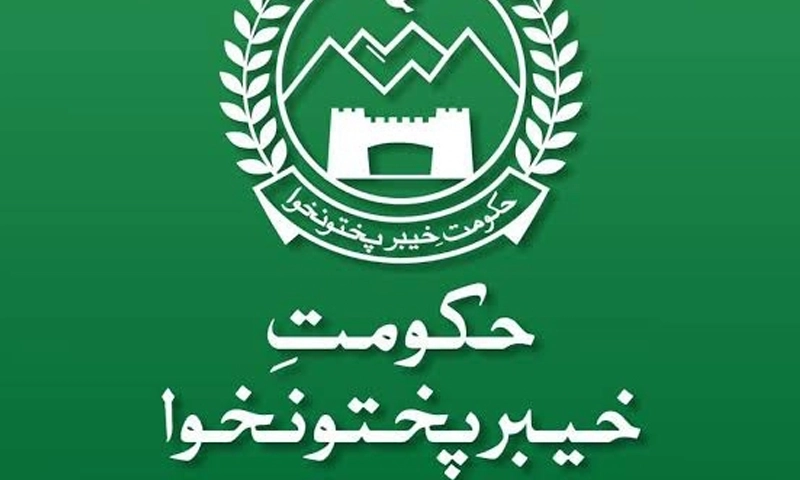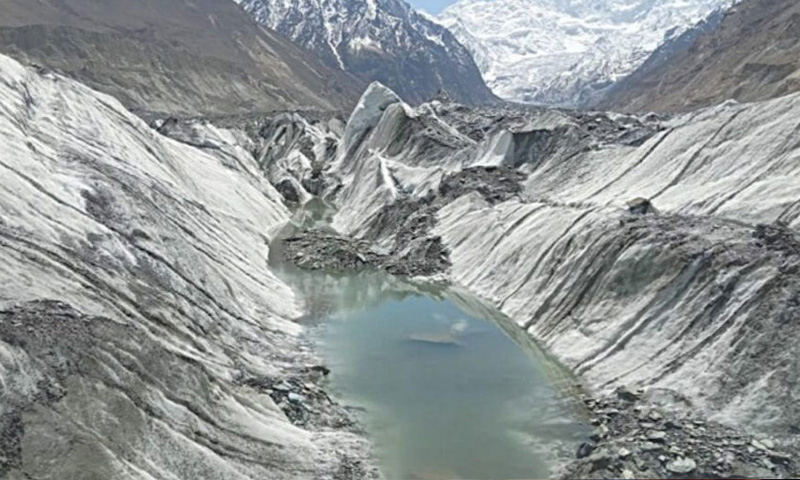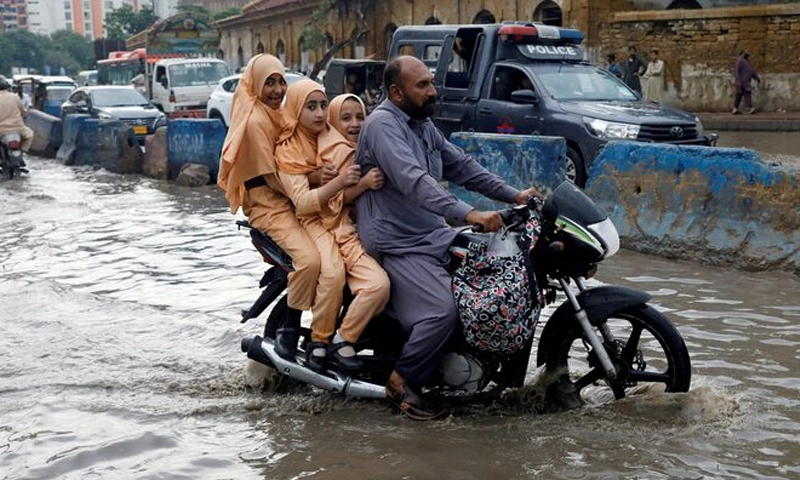- Web Desk
- 9 Hours ago

IFAD warns of setbacks in KP’s multi-billion rural development project
-
- Faqeer Hussain Web Desk
- Mar 24, 2025

PESHAWAR: The International Fund for Agricultural Development (IFAD) review mission has expressed serious concerns over delays in the implementation of the Khyber Pakhtunkhwa Rural Economic Transformation Project (KP-RETP) — a Rs50 billion initiative aimed at reducing rural poverty and enhancing food security in the province.
The IFAD has expressed concerns over the project’s slow progress, a reshuffle in the project leadership and delays in fund utilisation. The mission warned that if the situation did not improve, the project could face significant challenges in the future.
According to IFAD’s February 2025 review report, the KP-RETP was approved by IFAD’s Executive Board on December 30, 2021, while the financing agreement was signed on May 5, 2022.
The total cost of the project is Rs50 billion, with Rs30 billion as an IFAD loan, Rs4 billion as a grant from the European Union, Rs 8 billion contributed by the Khyber Pakhtunkhwa government, and Rs13 billion from local communities.
Also read: Secretary removed for publishing KP CM’s photos in govt ads
The seven-year project, set to run until 2029, aims to benefit 785,000 households across the province.
The review mission’s report, under the supervision of Khyber Pakhtunkhwa’s Planning & Development Department, has flagged the project’s slow fund utilization and administrative issues.
It classified the project as an “Actual Problem Project”, citing that out of Rs1.91 billion released, only Rs260 million — a mere 14 per cent of the allocated funds — has been utilized.
The IFAD has also raised concerns over the change of the project director. The report warned that if the identified issues are not resolved promptly, the transformation of Khyber Pakhtunkhwa’s rural economy would remain an unfulfilled goal.
According to officials from the Planning & Development Department and KP-RETP, the project formally began in July 2022. However, administrative approvals, infrastructure setup, and bank account openings coincided with a government transition, which delayed progress.
The ban on hiring during the caretaker government period further stalled project activities. However, with the current provincial government prioritizing the initiative, the project has now gained momentum.
The recruitment process has been completed, and Project Management Units (PMUs) and Regional Coordination Units in Peshawar, Mansehra, Dera Ismail Khan, Swat and Chitral have been established.
Officials claimed that the project is on track to achieve its key targets by June 30.






